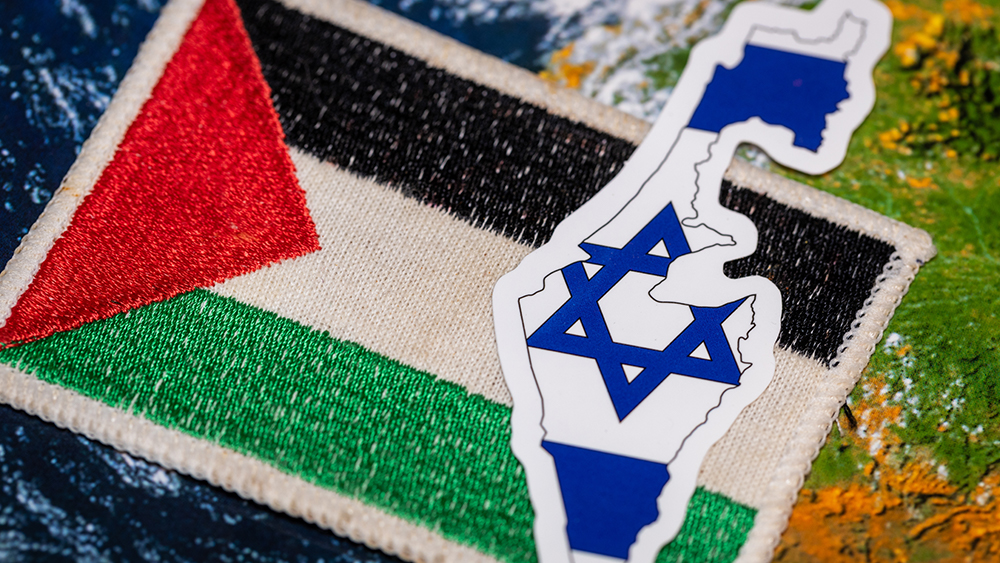- On January 7, 2023, the International Court of Justice (ICJ) confirmed that Ireland officially joined South Africa’s genocide case against Israel.
- Ireland’s intervention is based on Article 63 of the ICJ’s statute, which allows states party to the Convention on the Prevention and Punishment of the Crime of Genocide to intervene in relevant cases.
- The country’s submission argues that the intent to commit genocide can be inferred when a reasonable person would foresee that such acts are the natural and probable consequence of a perpetrator’s actions, thus broadening the scope of accountability for genocide.
- In response to Ireland’s involvement, the Israeli government closed its embassy in Dublin, and Israeli Foreign Minister Gideon Sa’ar accused Irish Prime Minister Simon Harris of being antisemitic.
- Several countries including Nicaragua, Colombia, Mexico, Libya, Bolivia, Turkey, the Maldives, Chile, Spain, and the State of Palestine have also intervened in the case against Israel.
The International Court of Justice (ICJ) has confirmed that Ireland officially joined South Africa in its genocide case against Israel this January.
According to the statement of the ICJ on Jan. 7, Ireland submitted a declaration of intervention in support of South Africa’s case, which was filed in February 2023. Ireland submitted a declaration to the court’s registry, invoking Article 63 of the ICJ’s statute to intervene in the case concerning the Application of the Convention on the Prevention and Punishment of the Crime of Genocide in the Gaza Strip. Under Article 63, states that are parties to the convention under judicial review have the right to intervene, thus binding the ICJ’s interpretation to them as well.
Ireland’s submission to the ICJ, however, does not introduce new allegations against Israel. Instead, it focuses on the legal framework for its involvement, arguing that the intent to commit genocide can be inferred when a reasonable person would foresee that such acts are the natural and probable consequence of the perpetrator’s actions.
This interpretation expands the scope of potential accountability for genocide beyond the perpetrator’s explicit intent.
“Ireland respectfully submits that the perpetrator does not need to have, as his or her purpose, the commission of the crime of genocide when committing any one or more of the material elements of the crime,” the declaration stated. (Related: ICJ orders Israel to end its 57-year military occupation of Palestinian territories “as rapidly as possible.”)
“The crime may also be committed where a perpetrator – regardless of his or her purpose – knows (or should know) that the natural and probable consequence of these acts is either to destroy or contribute to the destruction of the protected group … and proceeds regardless.”
Israeli Foreign Minister accused Ireland of being “antisemitic”
In December, Irish Foreign Minister Micheal Martin announced that Ireland would join the International Court of Justice (ICJ) case against Israel.
As a response, the Israeli government immediately closed its embassy in Dublin. Israeli Foreign Minister Gideon Sa’ar even went further and accused Irish Prime Minister Simon Harris of being antisemitic. “There is a difference between criticism and antisemitism based on the delegitimization and dehumanization of Israel and double standards towards Israel,” Sa’ar said at the time.
Harris responded: “You know what I think is reprehensible? Killing children, I think that’s reprehensible. You know what I think is reprehensible? Seeing the scale of civilian deaths that we’ve seen in Gaza. You know what I think is reprehensible? People are being left to starve, and humanitarian aid is not flowing.
Moreover, Harris said Ireland had been unequivocal in its support for Israel’s right to defend itself within international humanitarian law, but criticized the “scale of civilian deaths” and “people being left to starve” in Gaza. He added that he was proud of Ireland’s stance in continually speaking out on behalf of innocent Palestinians.
Alongside Ireland, the list of countries that have intervened in the case includes Nicaragua, Colombia, Mexico, Libya, Bolivia, Turkey, the Maldives, Chile, Spain and the State of Palestine.
Read full article here


